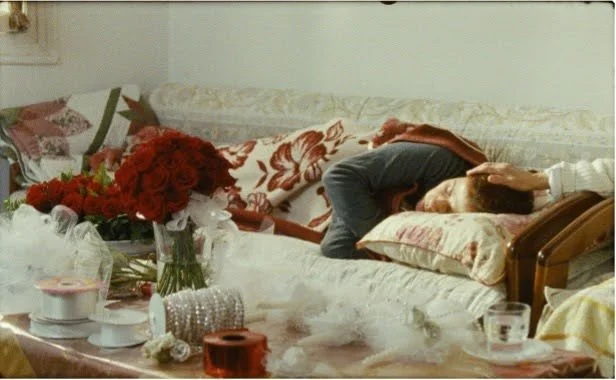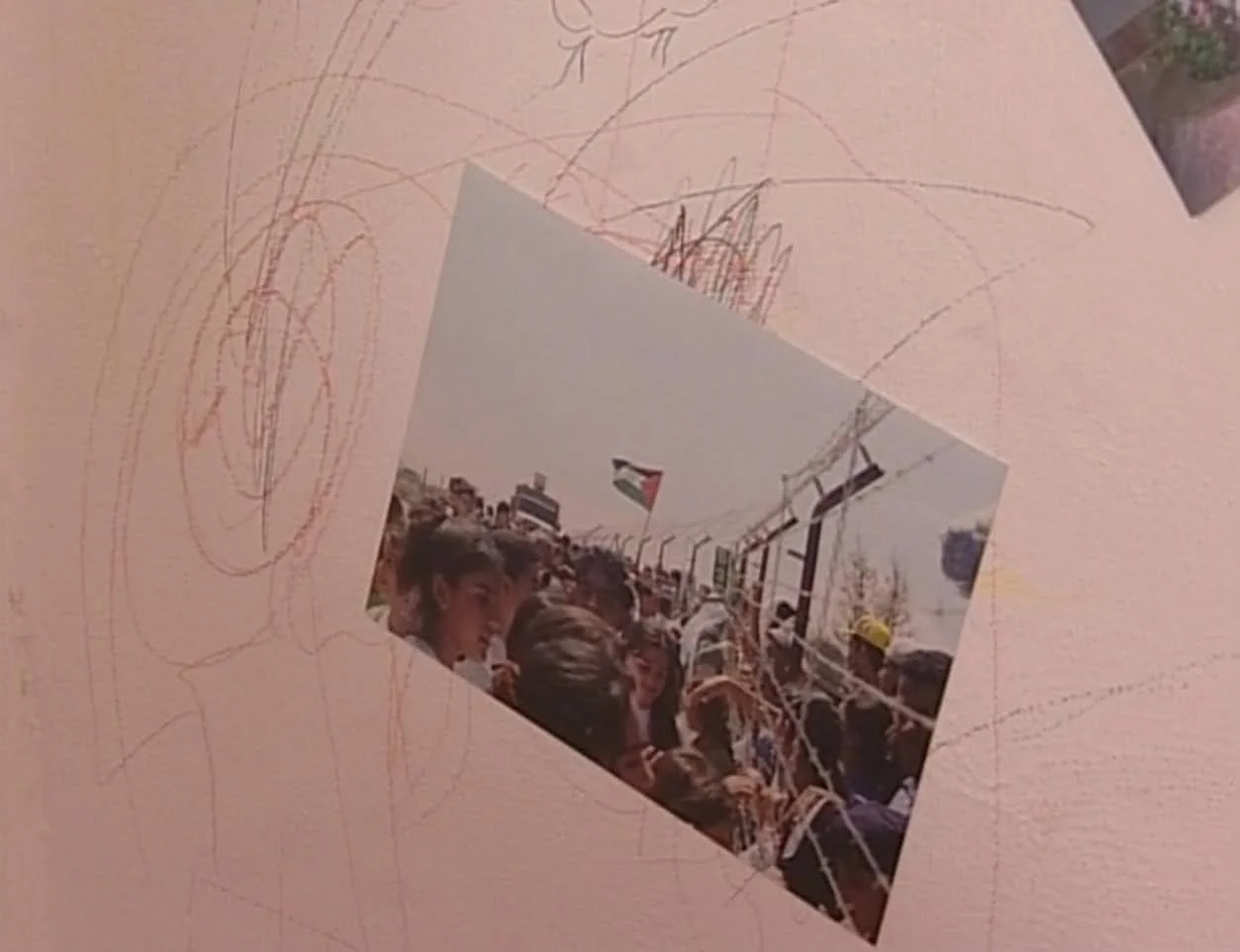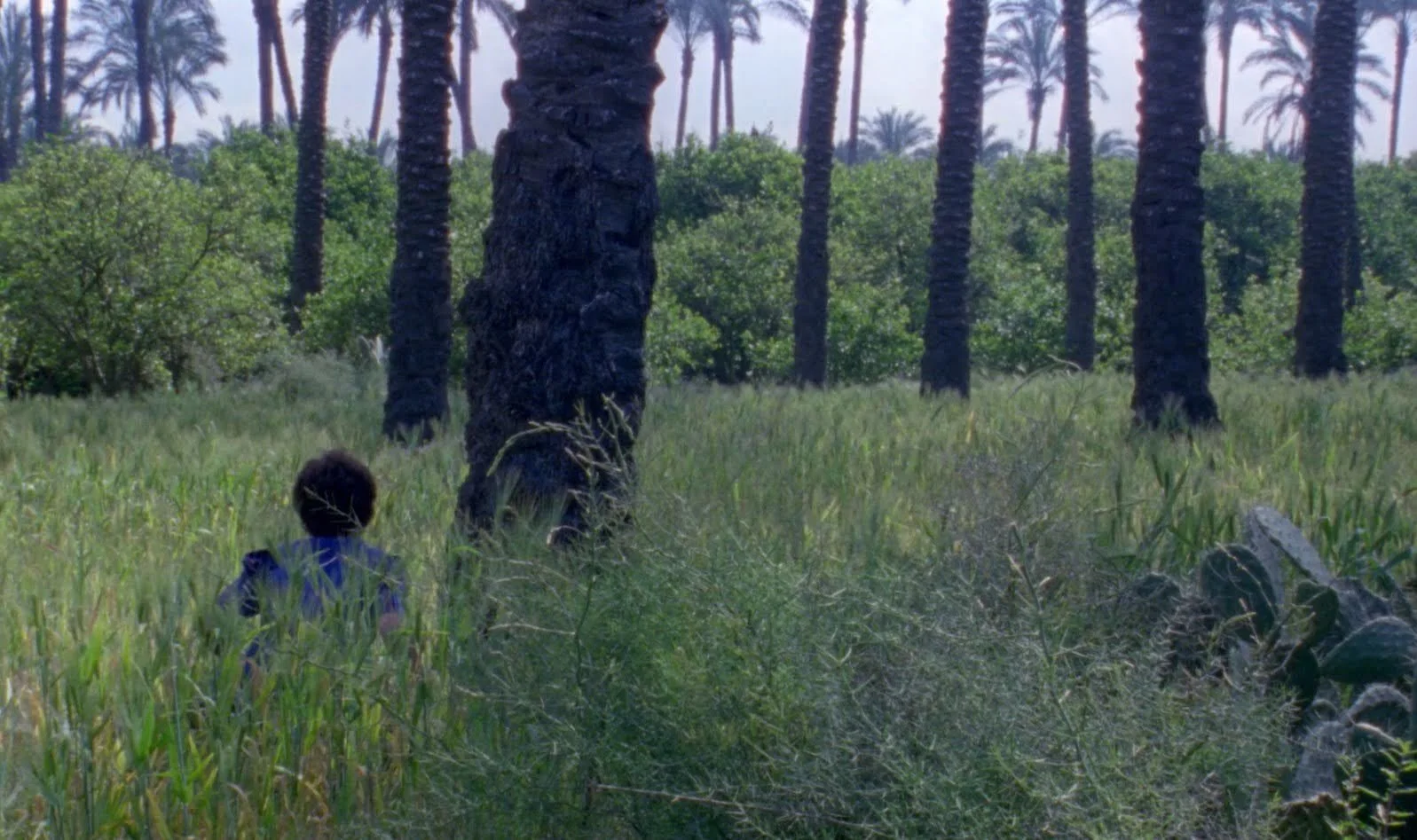Films for Freedom: Using cinema to unite behind Palestine
By Jamie Finn (@jamiefinn2209)
Films for Freedom is a Seoul-based screening collective hoping to use the power of film to raise money for Palestine while creating a community of pro-Palestine activists in Korea. Ahead of their next screening on April 26th, co-organisers Hannah and Sarah talk to us about their mission to promote freedom through films.
"The core idea behind Films for Freedom is to combine a passion for film with our political beliefs." That's Hannah, one of the cofounders of Films for Freedom - a newish bi-monthly film event that screens work about Palestine. Since October, the group has held three events showing films that have explored the Palestinian experience, covering their culture, history, their oppression, and the attacks on their lives.
With the duo's shared passion for justice and love of cinema, Hannah and Films for Freedom cofounder Sarah have been working to create a community of activists and allies. "Films can be a very accessible medium," explains Sarah. "It can be a great way to bring people together to share information and ideas."
Port of Memory (2010) directed by Kamal Aljafari
At each of Films for Freedom's screenings, they show multiple films from Palestinian directors, showing both documentaries and fictional pieces as a way to reflect the diverse experiences of the Palestinian people. The films are shown with both English and Korean subtitles. "Choosing to show both wasn't a conscious decision," shares Sarah, "but came about organically. Both forms are invaluable to the history and development of political cinema, and the difference between them isn't as stark as people think it is. Gillo Pontecorvo's The Battle of Algiers is a great example of this. It is a fictional film that's shot like a documentary, so much so that when people first saw it, they thought it was a documentary. The film still inspires people with guerrilla tactics and shows how colonised people live and revolt under colonial conditions in both small and big ways. A film we screened, Port of Memory, mixed elements of documentary and fiction to tell a haunting story about the effects of illegal Israeli settlements on the lives of Palestinians."
Their next event, on April 26th, will continue to explore a diversity of voices, as the Films for Freedom will show films by Palestinian women. "We will be showing two films. The first is a documentary called Frontiers of Dreams and Fears by Mai Masri about two children, one living in a Beirut refugee camp and one living in Bethlehem. They cannot see each other due to Israeli border restrictions. We think it is important to show Palestinian children as they are: kids. The occupation affects all aspects of life, even just wanting to see your friend.
The second one is Your Father Was Born 100 Years Old, and So Was the Nakba by Razan Alsalah. Because Alsalah cannot return to Palestine, she uses Google Maps to discover the memories of her grandmother. It is so inexplicably cruel that the only way Razan AlSalah can see Palestine is through the cold, impersonal images of Google Maps. Everything is erased digitally, but memories live and breathe. This short is also more experimental than other films we've screened, and we think it's important to show the breadth and creativity of Palestinian filmmakers."
Frontiers of Dreams and Fears (2001) directed by Mai Masri
Sarah, who often spearheads the selection process, says she makes her choices based on the films that affect her most. "Simply put, I choose films that I genuinely enjoy or am deeply affected by. There are many great resources online, such as the Palestinian Film Institute, which screens a Palestinian film weekly. In addition, Solidarity Cinema Archive is a great resource with many Palestinian films and many other films that seek to question the systems we live in."
Of all the films she has selected so far, one stands out for her. "While I have been moved by all of them, my favourite so far is Tale of the Three Jewels. When I first watched it, I had to pause it and come back to it because I was so captivated by its beauty. Thinking about how that beauty has now been destroyed by Israel made my heart break. I think the film also shows us that even in times of great darkness, there is humanity and beauty to be found."
Hannah and Sarah's journey together began before October 2023, though, and the two friends connected three years ago at a Palestine protest. "I remember after the protest, I wanted to talk to her more, but she left to watch a film, which sums up Sarah's passion for film," Hannah laughs. "We found out that we live within walking distance of each other and luckily became friends soon after. As people who stand against colonialism, imperialism and capitalism, both Sarah and I care deeply about the Palestinian cause. We hope for and dream of a free Palestine and a world that is not driven by profit and racism, but community care and radical love."
Tale of the Three Jewels (1995) directed by Michel Khleifi
For the duo, creating a community around shared beliefs in justice is crucial. "We’ve been lucky to work with so many people along the way. Madeleine, Ann and Lee cohosted the first event. Thank you as well as to Jinny, Charlotte, Yujin, Daeun and others for your help!"
"Also, we met our current co-hosts, Steven and Mariam from the International Strategy Center (ISC), at a protest when Steven was interpreting Mariam’s speech. I’m currently studying interpretation, so I went to talk to him afterwards. The two of them came to speak at our first screening and have been helping us co-host since. ISC got us in touch with Seoul Women’s Association (SWA), and they’ve been kind enough to let us use their library space for our screenings. We are really grateful for their support and their willingness to co-host and hope to continue building relationships with both ISC and SWA, as well as other local organisations in Korea."
The subject of Palestine can often be an incendiary one. For that reason, you might expect the Films For Freedom group to have received a mixture of feedback, but Hannah says the response so far has been supportive. "So far, we’ve received positive feedback, and we hope to continue building on the screenings by incorporating the feedback from our community. I think people have really enjoyed the opportunity to meet new people who share their values. I know people have made new friends and protest buddies from the screenings. People have also really enjoyed the films and the opportunity to discuss them with other people. The films we’ve seen so far have all been excellent and very powerful (Tale of Three Jewels, A Boy, A Wall, and a Donkey, The Present). We also have a Kakao group chat for people who’ve been to the screenings, and we use it to share information on protests and our virtual biweekly meetings. At the meetings, we read and discuss topics related to Palestine, such as Palestinian history, Israeli media propaganda, US aid to Israel, and more."
"Sometimes in the drift of everyday life," says Hannah, as our interview draws to a close, "it’s easy to feel alone and helpless in the face of such crushing evil and oppression. I think one of the only antidotes to that is community. That’s what I value about Films for Freedom: the opportunity to be inspired by other like-minded people and draw strength from them to continue onward in the struggle. The fight to free Palestine is not a passing trend, and as such, we have to be ready to commit in a long-term and serious way, and it’s impossible to do that without the grounding of a community. I hope we can provide that, in some small way, for the people who attend."
Films for Freedom's next event is on April 26th. For more information and to sign up, click here.





